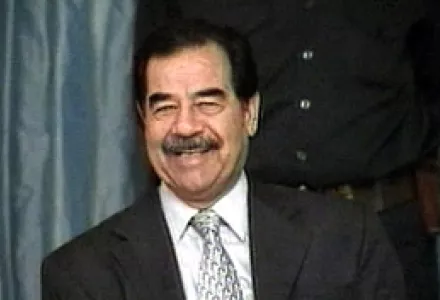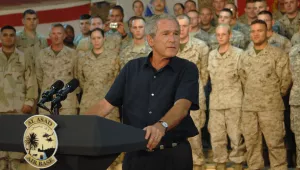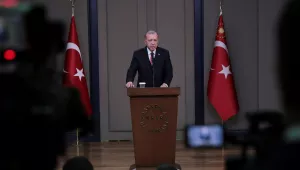Scholars generally agree that ad hoc wartime coalitions tend to collapse when discord over policies erupts postwar. As such, theory suggests that states able to be selective in their partnerships may be better off with like-minded allies. But when it comes to choosing whether to remove or reinstate the defeated regime, allies at odds may not be so dispensable, while like-minded ones may not be so helpful. States that impose their preferred regime may find their disgruntled partners undermining the peace, while states that choose their allies to ensure consensus may find that free-rider incentives undermine provision of the collective good. Drawing from collective action and veto players theories, this paper argues that if states cannot agree on a successor government, they have little reason to support regime change, and if they can, they have little reason to pay its costs. Accordingly, as the number of comparable powers in an alliance increases, the probability of foreign-imposed regime change should decrease. Results from a statistical test of victories in militarized interstate disputes (1816–2003) confirm this hypothesis, while three case studies verify that multilateral regime change tends only to occur when victors agree on a successor and one state shoulders the burden of installing it.
Please join us! Coffee and tea provided. Everyone is welcome, but admittance will be on a first come–first served basis.




